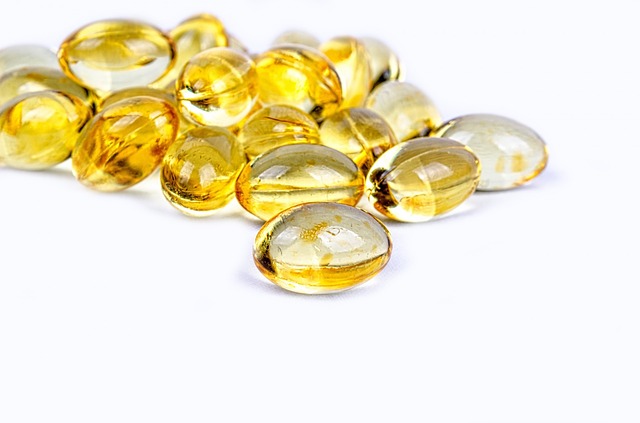 These five antiviral herbs and nutrients are safe enough to take every day—and strong enough to prevent colds and flu
These five antiviral herbs and nutrients are safe enough to take every day—and strong enough to prevent colds and flu
While there really isn’t any single magic bullet that can immediately restore immune function, there are certain nutrients that offer a powerful protective measure against colds and flu. The following are among my favorites for bolstering the body’s defenses against viral invaders.
1. Chinese Astragalus Root
This traditional Chinese herb has been used for years to treat infections. Clinical studies have shown it to be effective in preventing colds. It has also been shown to reduce the duration and severity of symptoms of the common cold, as well as to raise white blood cell (WBC) counts in people with chronic low levels of WBCs.
Dosage: Astragalus is available as a dried root, tincture, liquid extract, and powdered extract. In general, you want 1–2 grams three times daily of the dried root, or 2–4 mL three times per day of a tincture. A typical capsule dosage is 100–150 mg three times daily.
2. Wellmune WGP
This proprietary extract from baker’s yeast is rich in immune-supportive beta-glucans. Wellmune WGP has been heavily researched and shown to reduce the signs, symptoms, frequency, and duration of upper respiratory infections. In a study of marathon runners (who experience increased infections after super-long runs), Wellmune WGP significantly reduced symptoms of upper respiratory tract
infection (sore throat, stuffy nose, etc.) in test subjects.
Dosage: Take 250–500 mg per day.
3. Selenium & Zinc
The mineral selenium affects all components of the immune system, including the development and expression of white blood cells. Selenium deficiency has been shown to inhibit resistance to infection as a result of impaired white blood cell and thymus function, while selenium supplementation (200 mcg daily) has been shown to stimulate white blood cell and thymus function.
Zinc is another mineral that plays a vital role in many immune system reactions. In particular, it inhibits the growth of several viruses, including common cold viruses and the herpes simplex virus. Throat lozenges containing zinc have become popular in the treatment of colds for good reason—they work. But regular zinc supplements are effective too.
Dosage: Take 200 mcg of selenium daily; use 20–30 mg of zinc at the onset of illness.
4. Vitamin D
This key vitamin has been shown to produce a wide range of immune-enhancing effects, including protecting against the development of autoimmune diseases (e.g., Crohn’s and multiple sclerosis) and reducing the frequency of viral upper respiratory infections. The sunshine vitamin appears to be especially important in protection against viral or bacterial upper respiratory infections.
Dosage: Take 2,000–4,000 IU per day (It’s ideal to measure your blood levels of vitamin D and then adjust your dosage accordingly.)
5. Vitamins A & C
Vitamin A plays an essential role in maintaining the integrity of the skin and linings of the respiratory and gastrointestinal tracts,. Vitamin A has been shown to stimulate and/or enhance numerous immune processes. Also, vitamin A deficiency may predispose an individual to an infection, and during the course of an infection, vitamin A stores typically plummet.
Vitamin C has demonstrated many immune-stimulating effects, and numerous studies support the use of vitamin C in treating infectious conditions and possibly even cancer at very high intravenous dosages. Vitamin C levels are quickly depleted during the stress of an infection, as well as in chronic disease. It is useful to take vitamin C with flavonoids, which raise the concentration of vitamin C in some tissues and potentiate its effects.
Dosage: Take either 2,500 IU of vitamin A or 25,000 IU of beta-carotene daily; for vitamin C, try 500 mg every two hours at the first sign of illness.



